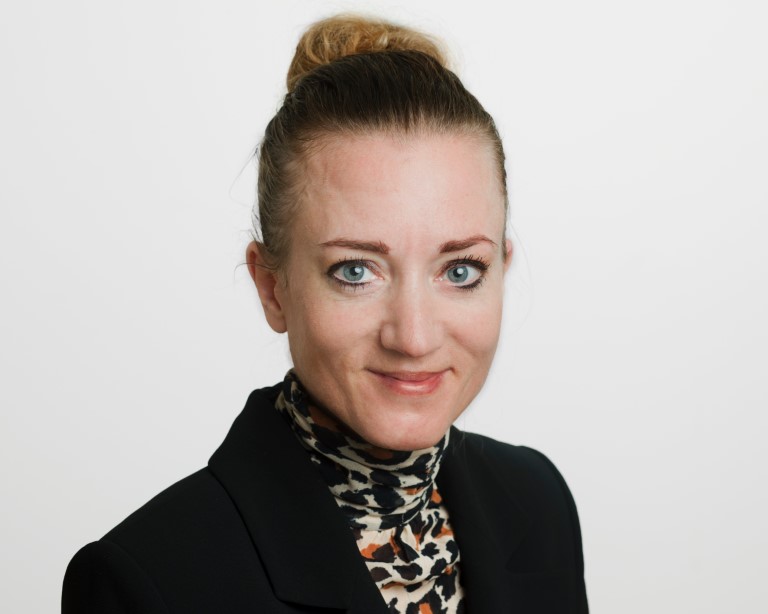A study of financial flows to the UN is completed
About the study of financial flows to the UN
It is the French consultancy company Investment Development Consultancy (IDC SA) that was awarded the contract for carrying out the study on the basis of an international tender competition in the summer of 2010. The publication has been produced with funding from Norad. Responsibility for the contents and presentation of findings and recommendations rest with the consultancy team. The views and opinions expressed in the report do not necessarily correspond with those of Norad or the Norwegian Ministry of Foreign Affairs.
The study is based on publicly available UN documents that have been published during the period 2000-2010. Interviews have also been conducted with staff at the head offices of the various UN agencies, as well as the country offices in Uganda and Vietnam.
The study also documents the development in revenues of the agencies during the period 2001-2009, how the total funds are planned spent, how the agencies allocated the funds, how the use of the funds was carried out, as well as the development in staffing, costs of wages and salaries, accounting auditing, and control of the use of the funds.
Norway is an important donor to the UN, and is therefore interested in ensuring optimal use of resources in the UN system. The Evaluation Department in Norad has had a study completed on the use of resources and financial flows in the UN upon request by the Norwegian Ministry of Foreign Affairs, as a link in this work. The purpose of the study has been to obtain better insight into the budgeting routines of some UN agencies, and thereby also a better overview of how the contributions to the UN system are spent.
USD 12 billion in unspent funds
The study examines five different UN agencies to which Norway is one of the most important donors. These are the UN’s Development Programme (UNDP), the UN’s Children’s Fund (UNICEF), the UN’s Population Fund (UNFPA), and the humanitarian agencies, UN High Commissioner for Refugees (UNHCR) and the UN’s World Food Programme (WFP). The study covers the period 2000-2010 where the selected UN agencies have experienced a steady increase in financial contributions from donor countries.
“An important finding in the study is that several of the UN agencies hold large funds in accounts at the end of the year. The study indicates that there are many reasons for this”, says Marie Gaarder, Director in Norad’s Evaluation Department.
The five agencies received almost USD 100 million during the period 2001-2009. At the end of 2009 the organisations held an estimated amount of USD 12 billion in unspent funds. This amount also includes the agencies’ mandatory financial reserves. Norad’s Director, Villa Kulild points out that the UN is able to tackle large and complicated assignments and that Norway therefore chooses to channel significant Norwegian assistance through the UN agencies.
”Given the increasing tendency to channel Norwegian aid funds through the UN agencies, there is reason to continually monitor the implementation capacity of the agencies”, says Ms Gaarder.
Many reasons

There are many reasons why several of the agencies have a build-up of unspent funds at the end of the year. Nearly 73 per cent of the 100 billion that the agencies have received during the last decade are ear-marked funds. That is to say, funds that the donors have contributed for specific projects and programmes and the funds are non-fungible.
Another reason is that the funds can be advance payments by donors to projects and programmes whose implementation extends beyond one financial year. This is in accordance with the UN’s guidelines and current Norwegian provisions for payment of contributions to international organisations.
A third reason is that several of the donors often undertake payments to the organisations late in the year, often during the last quarter of the year.
Recommendations
The fact that there are challenges associated with the use of ear-marked funds is not new. The Boards of some of the agencies included in the study have also discussed issues related to the build-up of unspent funds. The study recommends that the respective Boards should continue to monitor the balances of unspent funds and draw up a plan for their timely reduction.
According to the study, the donors should review their routines for how they follow up their ear-marked contributions, to ensure a balance between funds received and the use of these resources. A final recommendation is that the UN agencies and donors together should consider modifying ear-marking constraints in order to ensure a more flexible use of the contributions.
”The study has been through several rounds of quality assurance and the relevant parties have been given the opportunity to correct any factual errors, and to comment on prior drafts. It is also important to point out that this is a study and not an evaluation of the efficiency and results of the respective agencies”, Ms Gaarder points out.
The study will be the theme of a seminar at Norad at the end of March / beginning of April, where the stakeholders involved will have the opportunity to further discuss the study. The final date will be announced in due course.
